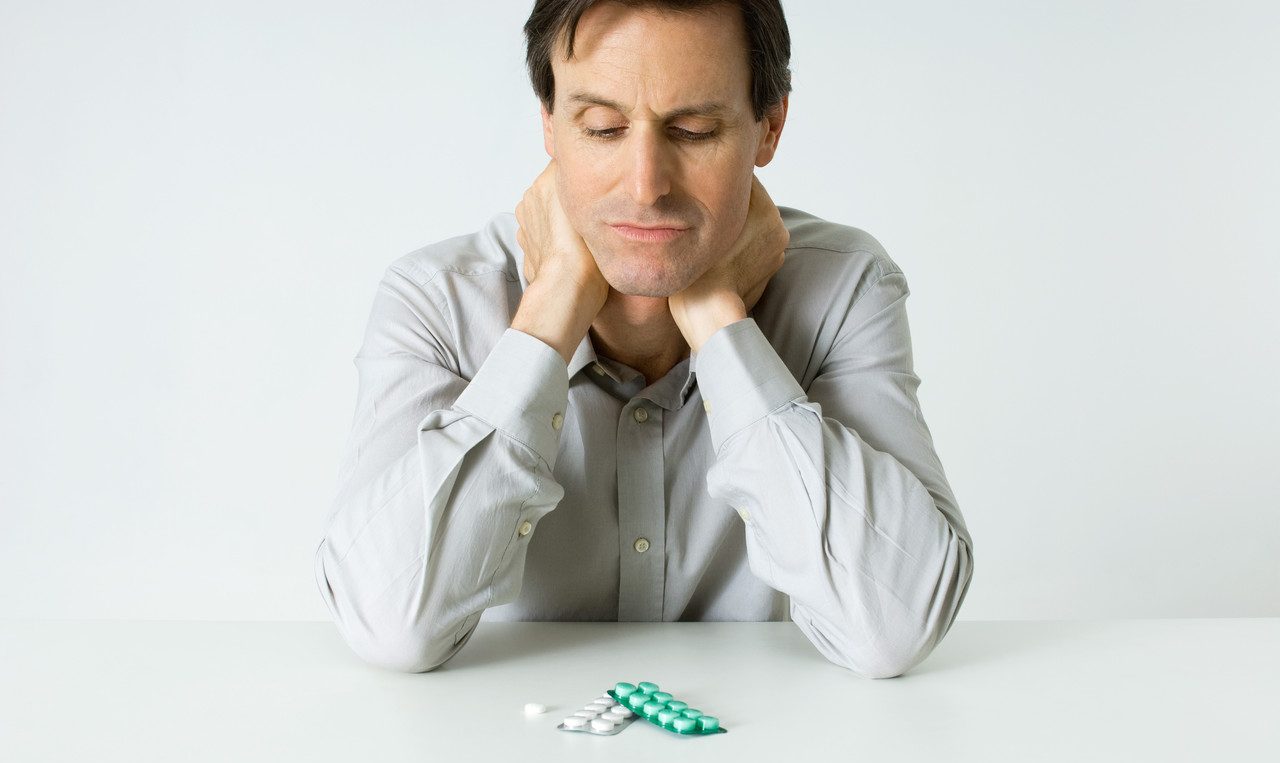Should You Take Antidepressants? It’s Complicated

Millions of Americans take antidepressants, but increasing evidence weighs against taking them for mild-to-moderate symptoms, given their side effects.
According to the Centers for Disease Control and Prevention, more than 13 percent of American adults take antidepressants. That number jumps to 24 percent among women 60 and over. Yet, these medications are really suitable only for people with severe depression, have side-effects, and can be difficult to quit.
If your depression is severe
People with major depression feel down most of the day, sometimes especially in the morning, and lose interest in their usual activities and relationships for at least two weeks. You may also:
- Have low energy
- Feel worthless or guilty
- Have trouble concentrating or making decisions
- Sleep too little or too much
- Gain or lose significant weight in a short period of time
- Be either restless or sluggish
YOU MIGHT ALSO LIKE: Not Enjoying Sex Anymore? It Could Be Your Antidepressant
In a comprehensive study, a team of researchers from around the world drew upon 522 clinical trials, covering nearly 116,500 participants. Part of their goal was to address debate in the research community about whether reported trials were biased towards antidepressants. The team concluded that antidepressants are indeed more effective than a placebo in adults with major depressive disorder during the first two months of therapy.
In other words, antidepressants can help you pull out of an acute severe episode of depression.
Overall, it appears that about 40 to 60 out of 100 people who take an antidepressant notice an improvement during six to eight weeks. Without antidepressants, about 20 to 40 out of 100 would see an improvement. So, antidepressants make a difference for an extra 20 out of 100 people.
If your symptoms are milder
If you’re not in a serious lasting slump, be careful. Many people who have mild-to-moderate depression take antidepressants, sometimes taking them for months or years. There is little evidence that the drugs do much for this group — and it may be tough to wean yourself off.
One study, commissioned by the British Parliament, calculated that 56 percent of patients experienced withdrawal symptoms when they tried to stop taking antidepressants. The symptoms could be severe and could last more than a year.
You also run the risk of side effects. More than 80 percent of patients experience at least one; on average, they may run into four. Gastrointestinal complaints, sweating, dizziness, weight gain, and lower libido are all on the list.
If your depression is mild to moderate, a sensible course might be to try approaches that would be good for you if you weren’t depressed: optimizing your exercise, sleep, and nutrition.
There is significant debate among researchers about how exercise compares to antidepressants as a remedy for low mood. But no one doubts that exercise, done safely, boosts mood and overall health. You also can’t go wrong if you practice good sleep hygiene, which is linked to mood, and improve your diet, also a key player in mental health.
All that said, if you’re so down you can’t function for weeks, don’t listen to people who say antidepressants “don’t work.” You could be one of the people who need one.
YOU MIGHT ALSO LIKE: Nutrients Can Boost the Effectiveness of Antidepressants
Updated:
April 12, 2022
Reviewed By:
Christopher Nystuen, MD, MBA and Janet O'Dell, RN